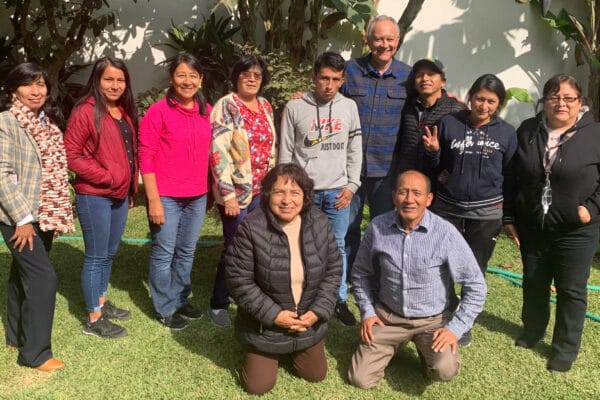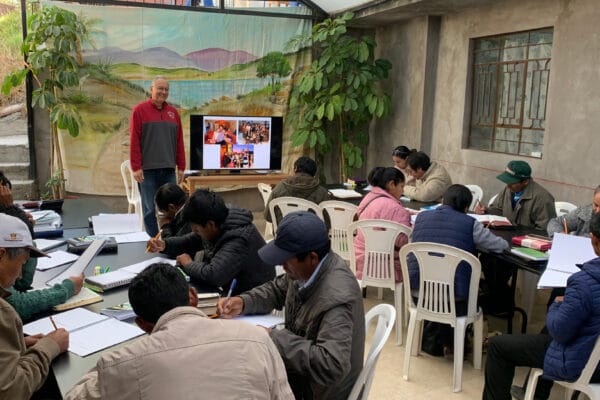Are American Missionaries Still Relevant Overseas?

The Maturing of the Global Church🌍
For generations, American missionaries have played a vital role in building churches, meeting human needs, and spreading the Gospel around the world. But in today’s globalized era, some question whether their presence is still necessary.
After all, the center of Christianity has shifted toward the Global South—Africa, Asia, and Latin America—where churches are growing rapidly and are now sending out their own missionaries.
Nations once considered “mission fields” are now vibrant mission forces themselves. Countries like Brazil, South Korea, Nigeria, and the Philippines are sending missionaries to places Americans can’t easily go—both culturally and politically.
These indigenous missionaries understand local languages, customs, and challenges more deeply than most Americans, allowing them to share the gospel with greater authenticity and endurance.
Co-Workers
In reality, there will never be enough missionaries in our world.
As Jesus stated in Matthew 9:37:
“The harvest is plentiful but the workers are few."
The missionaries that other countries are sending out shouldn't be seen as "replacements" for American missionaries, but instead should be seen as "Adding to the team of Christ-followers," who are working together, in common cause, to take the Gospel to every corner of our globe.
Changing Roles
“And He gave some to be apostles, some prophets, some evangelists, and some pastors and teachers, to equip the saints for the work of ministry” (Ephesians 4:11–12).
But just because we aren't being replaced doesn't mean our roles aren't changing.
Today’s American missionary often serves less as a pioneer and more as a partner— equipping, training, and resourcing our brothers and sisters in Christ in other countries.
Financial support for young churches and relief programs in poor countries remains important, but there is also a growing emphasis among American missions groups on supplying encouragement, technical expertise, and leadership development, leaving much of the hands-on work to the local church.
Many missionaries now focus on training and encouraging local leaders, developing appropriate curricula for people groups, teaching theology, strengthening ministries with digital tools, and helping global teams thrive in cross-cultural collaborations.
SALT Leadership Training

Ed Stuart, a great role model and mentor, is a great example of the "new" opportunities God is opening up for American missionaries.
As the director of SALT Leadership Training, he and his team have been led by the Spirit into the remotest areas of South America (and now Africa) to set up training partnerships that equip local leadership and lay people with the spiritual tools needed to reach others with the Gospel.
Their mission statement:
SALT Leadership’s mission is to glorify God by developing, training, and supporting church leaders in underserved regions of the world to handle scripture competently, be effective leaders, and equip others to be dedicated followers of Jesus Christ.
Check out what they do here: SALT Leadership. And if you have the opportunity to support them, please do!
What they are doing should serve as a road map for many overseas missionaries from America, as our roles are changing.
From Leading to Lifting-up🙌🏼
The mission of sharing the Gospel has never been a one-nation effort—it’s the work of the global Body of Christ. ⛪
As the landscape of missions evolves, American believers are still called to “go,” but our roles are changing from leading to lifting up — helping others to reach their own nations and beyond.
The relevance and future of many American missionaries today lies not in their dominance but in their willingness to serve humbly alongside their brothers and sisters around the world.


 English
English Español
Español Français
Français

